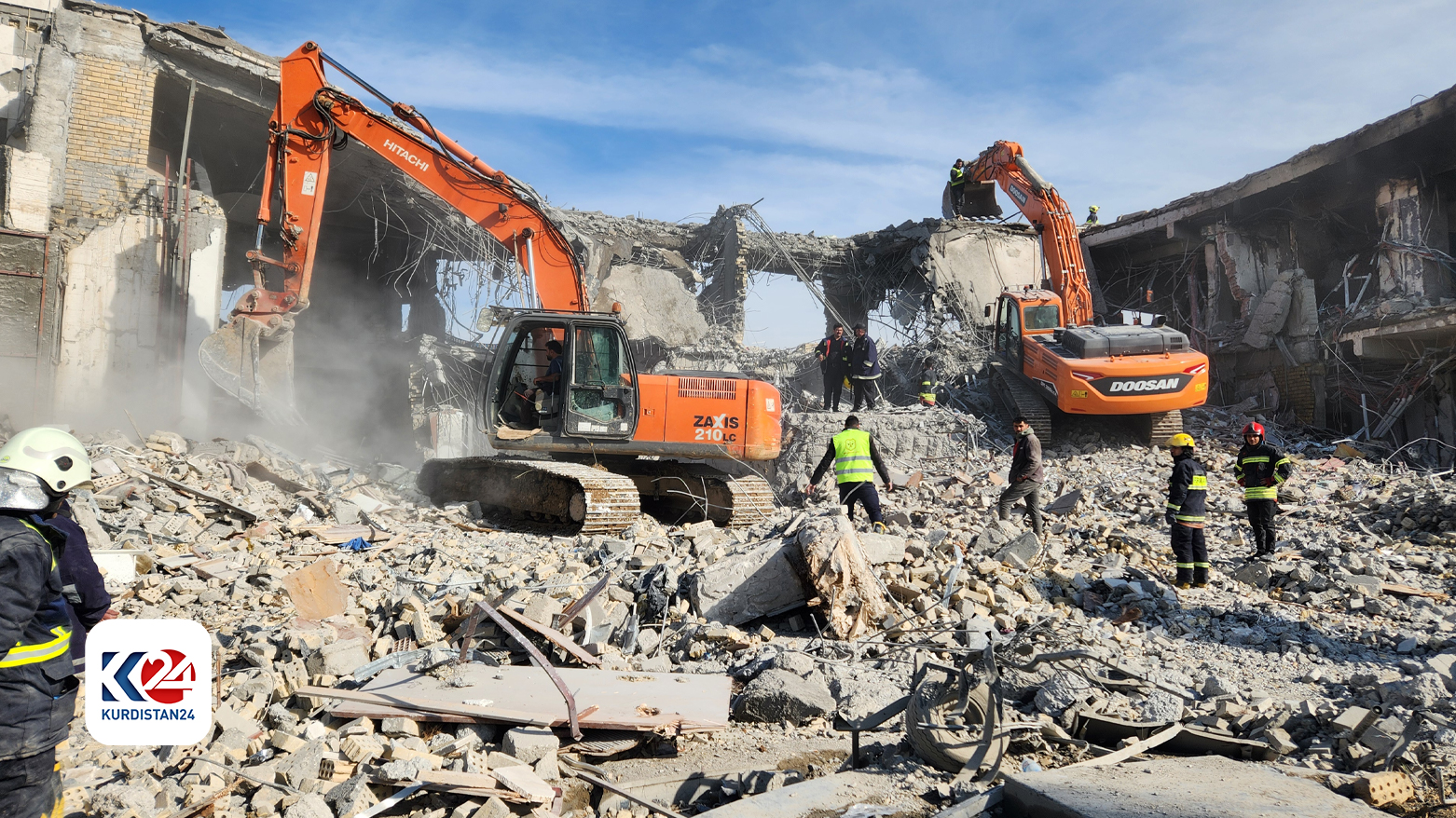Impunity for Iran’s killings of civilians will lead to more unlawful attacks: HRW

ERBIL (Kurdistan24) – Impunity for Iran’s killings of civilians will only embolden more unlawful attacks in the future, Human Rights Watch (HRW) said in a report on Iran’s missile attack on Erbil on Monday.
Read More: Iraqi parliamentary delegation in Erbil to investigate Iranian missile attacks
In last week’s Iranian missile attacks on a private residence in the Kurdistan Region capital, at least four civilians were killed and six were injured.
“Regardless of Iranian claims about the attack, these killings follow a long history of Revolutionary Guard assassinations in residential areas of the Kurdistan Region of Iraq that have targeted civilians,” said Sarah Sanbar, Iraq researcher at Human Rights Watch, said in the report.
“Impunity for Iran’s killings of civilians will only embolden more unlawful attacks in the future.”
Read More: KAR group CEO invites Iranian Ambassador to visit his house destroyed by missile attack
HRW said in the report that the Islamic Revolutionary Guard Corps (IRGC) has carried out multiple attacks and targeted assassinations in the Kurdistan region in recent years, including the ballistic missile attack on the home Kurdish businessman, Baz Karim Barzanji.
“In September 2022, attacks on Iranian opposition party offices killed at least 16 people, injured dozens more, and displaced hundreds of families,” HRW said, adding that the IRGC also claimed responsibility for attacks on targets linked to the Islamic State in Syria on January 15, 2024.
Read More: UNCHR says civilians lives 'must be protected' after Iranian attack
“Iraq should not become an arena for foreign competition at the expense of civilians’ lives and the country’s stability,” Sanbar said “Doing so only increases the risk of regional escalation, destruction, and killings.”
